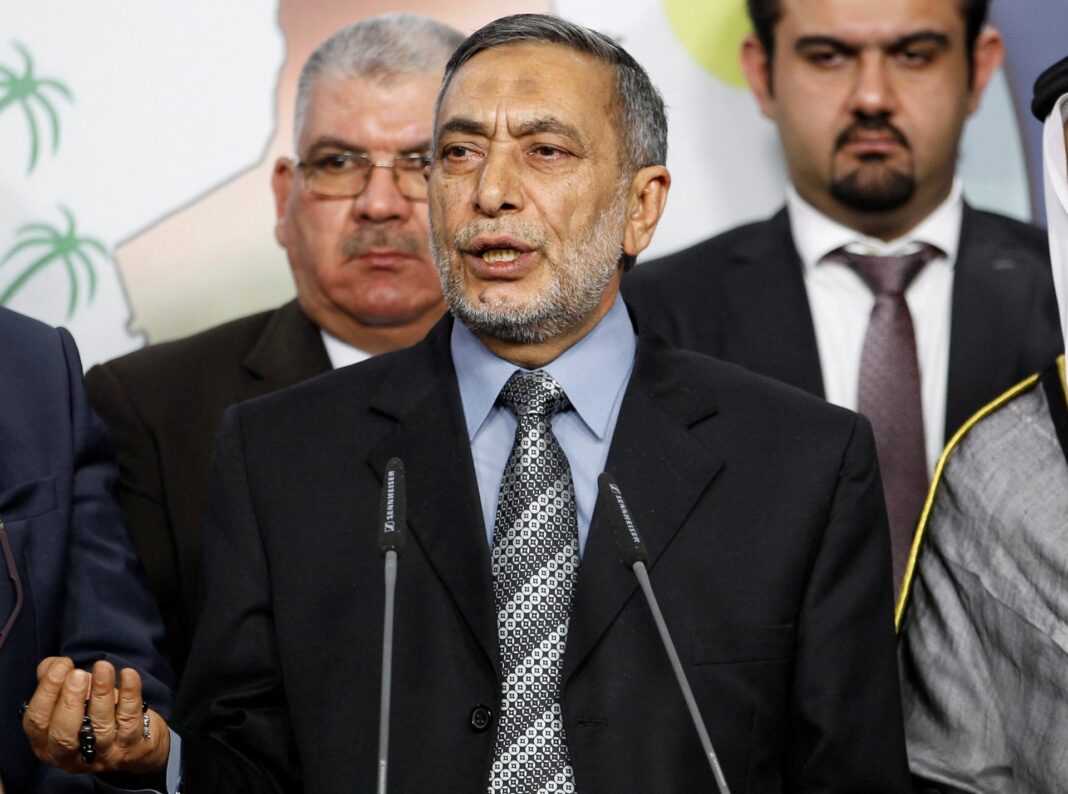Former Sunni speaker secured 182 votes in the 329-seat legislature with significant support from Shia political blocs.
Iraq’s parliament has elected Mahmoud al-Mashhadani, a prominent Sunni lawmaker who has a close relationship with Iran, as its new speaker after months of deadlock among political factions.
Al-Mashhadani, who served a previous stint as speaker from 2006 to 2009, was selected by a vote of 182 of the 269 legislators who attended the session on Thursday. Parliament has 329 seats.
In November 2023, the Federal Supreme Court abruptly terminated the tenure of the most powerful Sunni parliament speaker, Mohammed al-Halbousi, without saying why, setting the stage for a fight over succession that dragged on for close to 12 months.
Al-Halbousi, who had served as the governor of Anbar province, was elected in 2018. He was 37 at the time and became the youngest parliament speaker in the country’s history. He was re-elected in 2022 for a second term and served until his removal in 2023.
Al-Mashhadani secured his election with significant support from the coalition that includes influential Shia parties and Iran-aligned groups along with the State of Law coalition led by former Prime Minister Nouri al-Maliki.
Under the country’s sectarian power-sharing system, the parliament speaker is always Sunni, the prime minister Shia and the president Kurdish.
The role of speaker is crucial in Iraq’s often fragmented political landscape. Al-Mashhadani will now have to tackle many challenges including corruption and internal divisions that could also threaten his post.
He will also have to deal with some controversial legislation, including a proposed amendment to Iraq’s personal status law governing family matters, which critics say would in effect legalise child marriage.
His election comes as Iraq attempts to navigate the repercussions of Israel’s wars in Gaza and Lebanon and balances its relationship with Iran and the United States.
Iran-aligned militias, such as the Islamic Resistance in Iraq, have regularly launched drone attacks on bases housing US troops in Iraq and Syria in retaliation for Washington’s support for Israel.
Iraq’s government has sought to avoid alienating the US, on which it has relied for economic and military support, with US troops still based in the country primarily to counter ISIL (ISIS).







